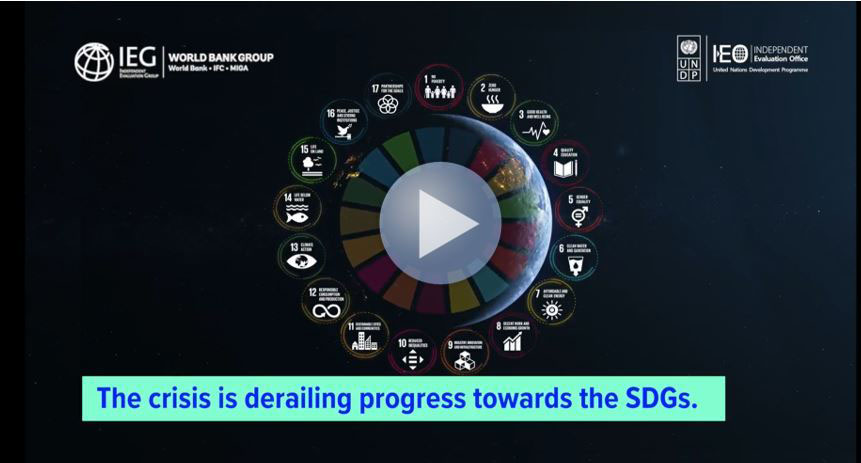
Policymakers around the world have long grappled with interrelated threats of poverty, inequality, climate change, environmental degradation, and fragility. They now find themselves navigating the uncharted waters of the COVID-19 pandemic, facing challenging policy choices. The crisis could drive up extreme global poverty and its derailing the progress towards the Sustainable Development Goals. These unprecedented times call for stronger monitoring and evaluation (M&E) systems and capacities to help governments find out what works and for whom to reach the furthest behind as they move toward their national development goals. We believe the time is now! Evidence from monitoring and evaluation can be a powerful compass for the future, to shape well-targeted public policies, course correct, and ultimately deliver better outcomes. Strengthening capacities to generate and use evaluative evidence for more effective policies is at the heart of a new partnership- the Global Evaluation Initiative (GEI).
Convened by the Independent Evaluation Office of the United Nations Development Programme, and the Independent Evaluation Group of the World Bank, the GEI brings together a broad range of national governments, international and regional organizations, and civil society groups to form an inclusive and global partnership for a coordinated response to the demand for monitoring and evaluation systems and capacity development around the world. The GEI is committed to developing country-owned, sustainable M&E frameworks and capacities to promote the use of evidence in public decision-making, enhance accountability, and achieve better results.
